About Publications Library Archives
heritagepost.org

Preserving Revolutionary & Civil War History

Preserving Revolutionary & Civil War History
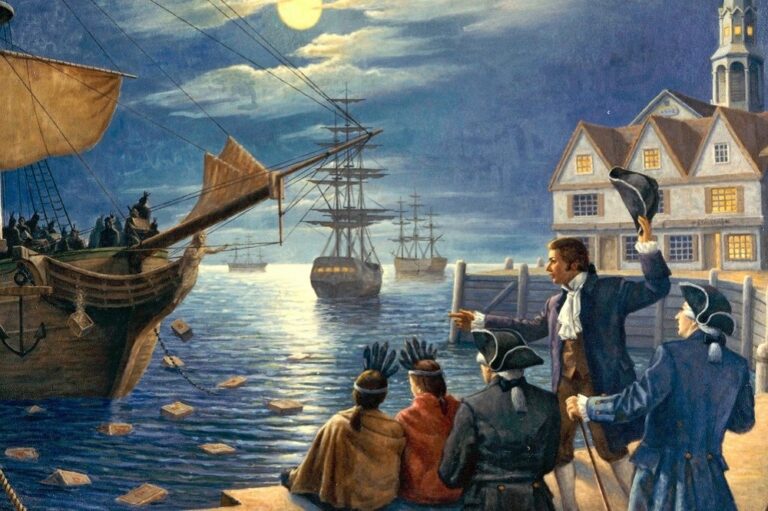
Author: John Adams Date:1773 Annotation: The Townshend duties were a dismal failure. Only 21,000 pound sterling in new duties were collected, while sales of British goods to the colonies fell by more than 700,000 pounds. In 1770, Parliament repealed all the Townshend duties except one, a duty on tea, to symbolize Parliament’s right to…
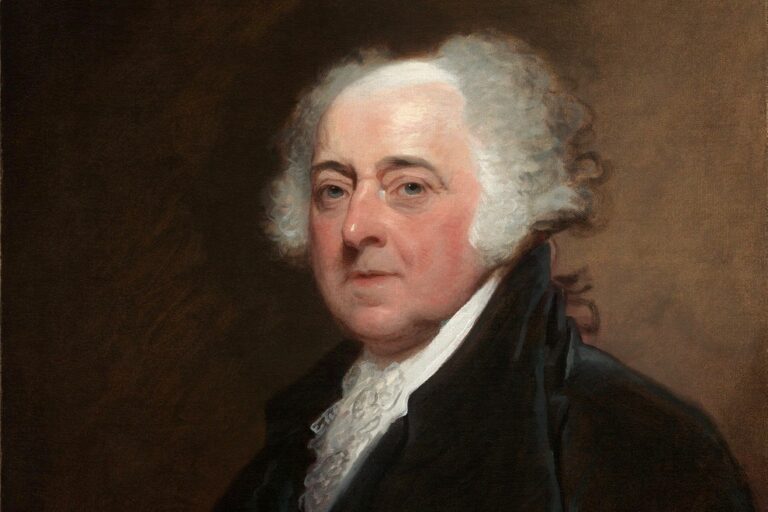
Author: John Adams Date:1773 Annotation: In this letter, John Adams (1735-1826) describes the escalating tensions in Massachusetts during the winter and early spring of 1773, and the mounting opposition to Governor Thomas Hutchinson. Two months after this letter was written, Samuel Adams read a private letter of Hutchinson’s before a secret session of the…
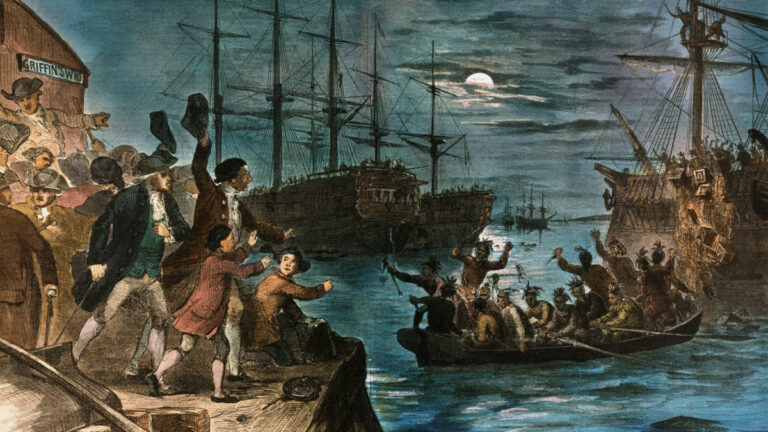
Date:1773 Annotation: Parliament passed the Tea Act that authorized the East India Company to bypass American wholesalers and sell tea directly to American distributors. Cutting out the wholesalers’ profit would make English tea cheaper than tea smuggled in from Holland. Colonists in Boston, disguised as Indians, boarded three vessels and dumped 342 canisters of British tea…
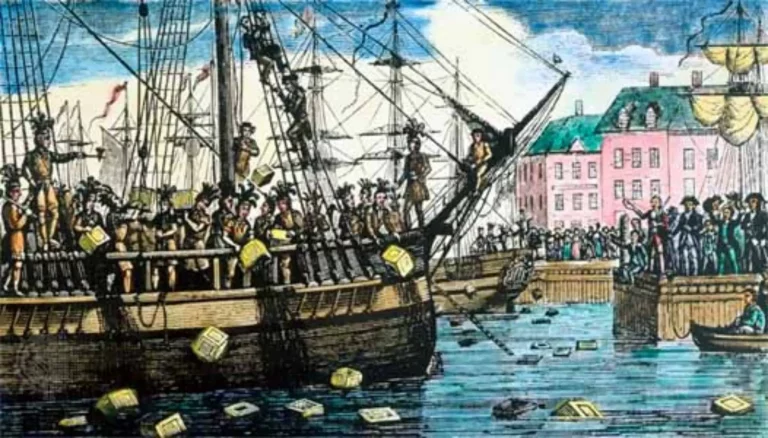
Author: George Robert Twelve Hewes Date:1773 Annotation: George Robert Twelve Hewes, a Boston shoemaker who later fought in the Revolution as a common soldier and sailor, was present at the Boston Massacre and served as a leader in the Boston tea party. Document: The tea destroyed was contained in three ships, lying near each other at…

Author: Samuel Adams Date:1772 Annotation: As one of the chief organizers of protests against the imperial policies adopted by Britain after the Seven Years War, Samuel Adams (1722-1803) was, in Thomas Jefferson’s words, “truly the man of the Revolution.” A founder of the Sons of Liberty, the Boston-born, Harvard-educated Adams was also a key…
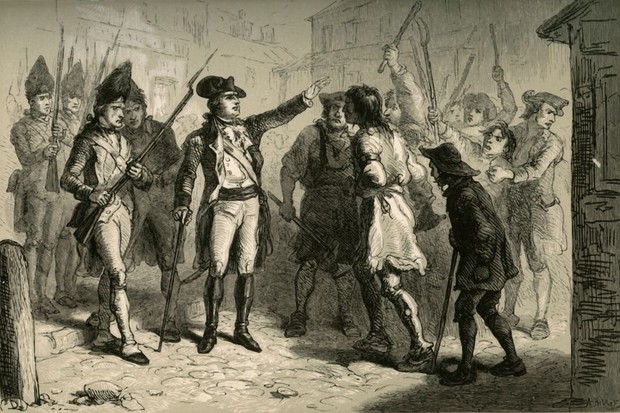
Author: Richard H. Lee Date:1771 Annotation: Even as tension between the colonies and Britain was rising, disputes among colonists continued. In western North Carolina, many farmers, known as Regulators, rose up against wealthy lawyers and merchants, who charged excessive fees for legal services and manipulated debt laws. The royal governor needed more than a…
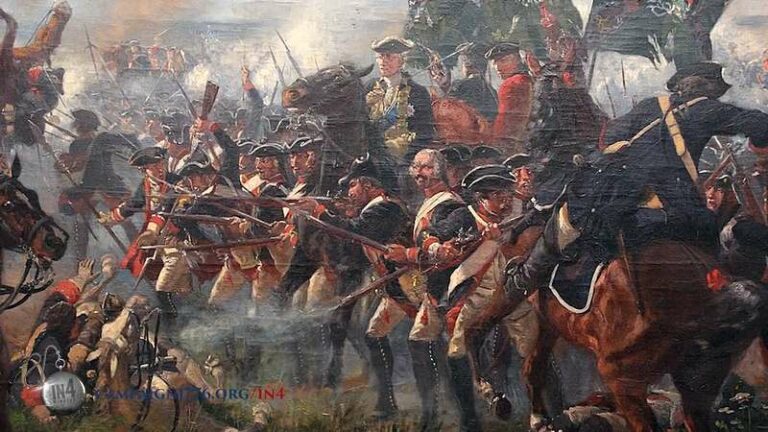
Author: Benjamin Franklin Date:1770 Annotation: As late as 1775, Benjamin Franklin (1706-1790) was convinced that the issues dividing Britain and the colonies were “a Matter of Punctilio, which Two or three reasonable People might settle in half an Hour.” But years earlier, his enemies were already trying to use their influence within the British…

Author: John Dickinson Date:1770 Annotation: The escalating conflict with Britain after 1763 forced the colonists to define their identity as well as the nature of sovereignty and authority through practical action and philosophic reflection. Republican ideology served as a way to articulate a sense of identity. Increasingly, the colonists envisioned themselves as a people…
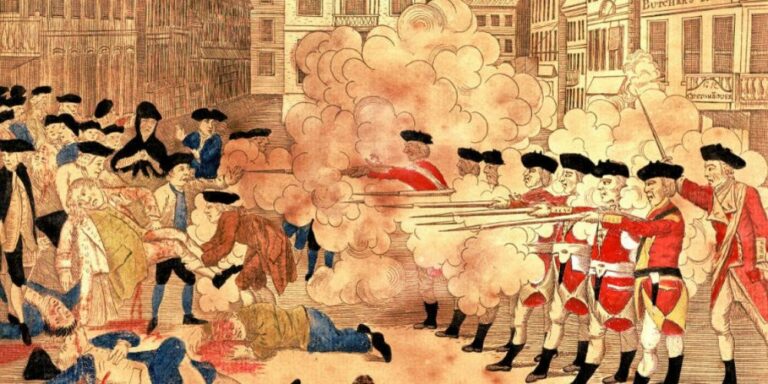
Author: Thomas Preston Date:1770 Annotation: Captain Thomas Preston’s account of the Boston Massacre. Document: It is [a] matter of too great notoriety to need any proofs that the arrival of his Majesty’s troops in Boston was extremely obnoxious to its inhabitants. They have ever used all means in their power to weaken the regiments, and to…
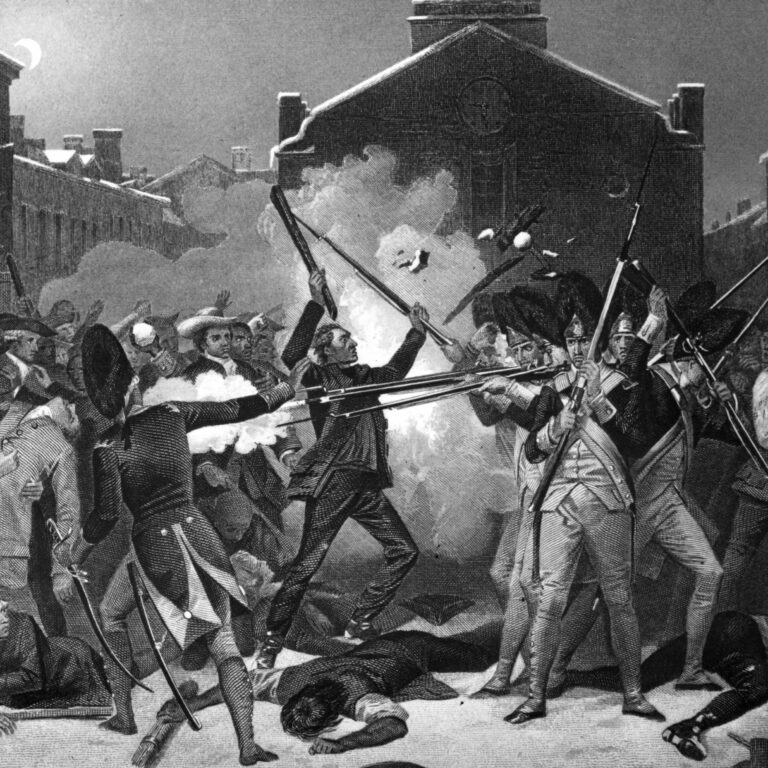
Date:1770 Annotation: The leader of the British 29th regiment, Preston was defended by John Adams for his role in the massacre and was acquitted of all charges. Document: It is [a] matter of too great notoriety to need any proofs that the arrival of his Majesty’s troops in Boston was extremely obnoxious to its inhabitants. They have…